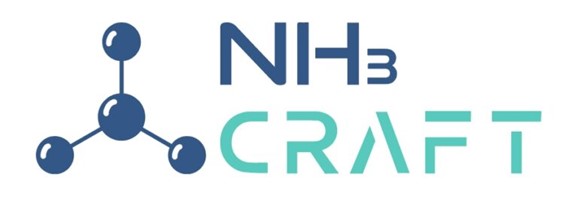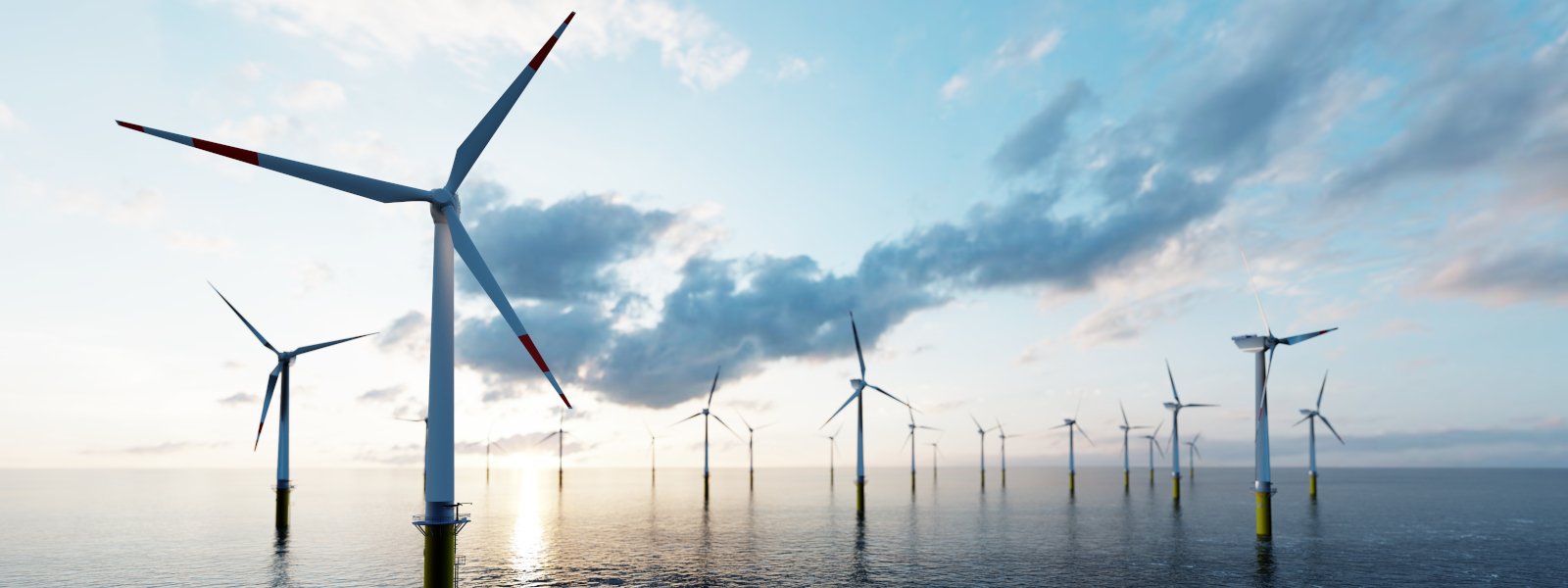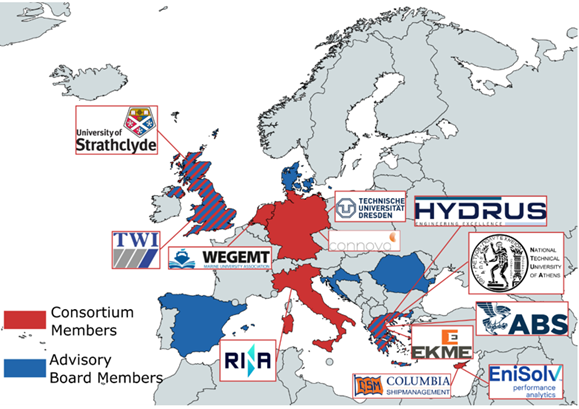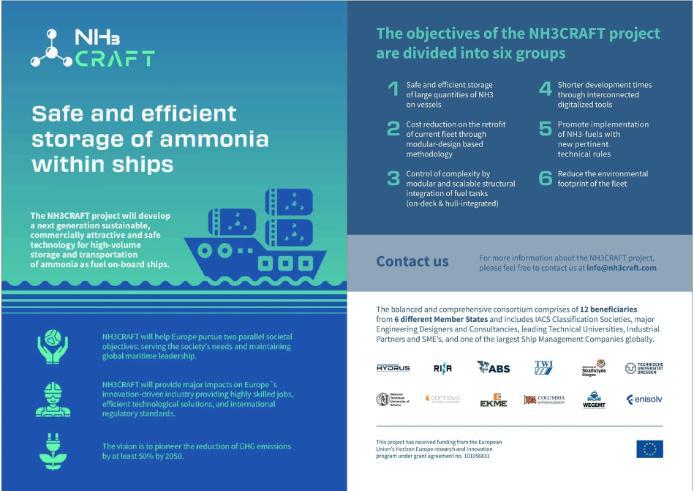Scope
The Problem
Transport currently accounts for a quarter of the European Union's (EU) greenhouse gas (GHG) emissions and this figure continues to rise as demand grows. The European Commission (EC) tries constantly to tackle the issue towards the formulation of the transport system into a smart, green and societal friendly system. These efforts culminated in the clear commitment of the recent European Green Deal Strategy, which seeks for a 90% reduction in emissions by 2050 through the introduction of more sustainable, affordable, accessible, healthier and cleaner alternatives. Analysing the air emissions caused at a mode level, waterborne transport occupies by far the largest part of cargo transport, and accounts for 13% of GHG emissions in the EU. Despite a number of measures being in place since the early years of the last decade, greenhouse gas emissions of shipping increased from 977 million tons (Mt) in 2012 to 1,076 Mt in 2018, a 9.6% rise, according to the 4th IMO GHG study. According to the same source, in global anthropogenic emissions, the share of shipping has increased from 2.76% in 2012 to 2.89% in 2018. A more drastic course of action will need to be deployed before emissions from waterborne transport start to decline. Today it is evident, that the blend of marine fuels will require a substantial zero carbon component in order to efficiently tackle the stricter regulatory framework and to achieve the global environmental goals. Such a component is not easy to generate and implement in practice especially if the flow of goods, the efficiency of transport and the quality of service provided are not to be disrupted. Substantial investment will be required as zero carbon fuels require the development of new solutions involving adopting new technologies, logistics and operations. Such fuel is ammonia, which although carbon free presents specific challenges in its use, storage is a major issue as it requires in liquid form almost three times the space of fuel oil for an equivalent use (in terms of work produced).
The Solution
Despite the aforementioned challenges, there is clearly room for more efficient ammonia storage solutions on board vessels, not yet fully explored and demonstrated in the market. The proposed NH3CRAFT project will develop, according to its objectives, a safe and efficient storage system for ammonia on-board ships. Europe’s maritime industry is in a strong global leadership position, particularly, in the market for cruise ships, with 27.6% shipping market earnings worldwide. NH3CRAFT will help Europe pursuing two parallel societal objectives: serving the society’s needs and maintaining global maritime leadership. It will provide major impacts on Europe´s innovation-driven industry providing highly skilled jobs, efficient technological solutions, and international regulatory requirements.




